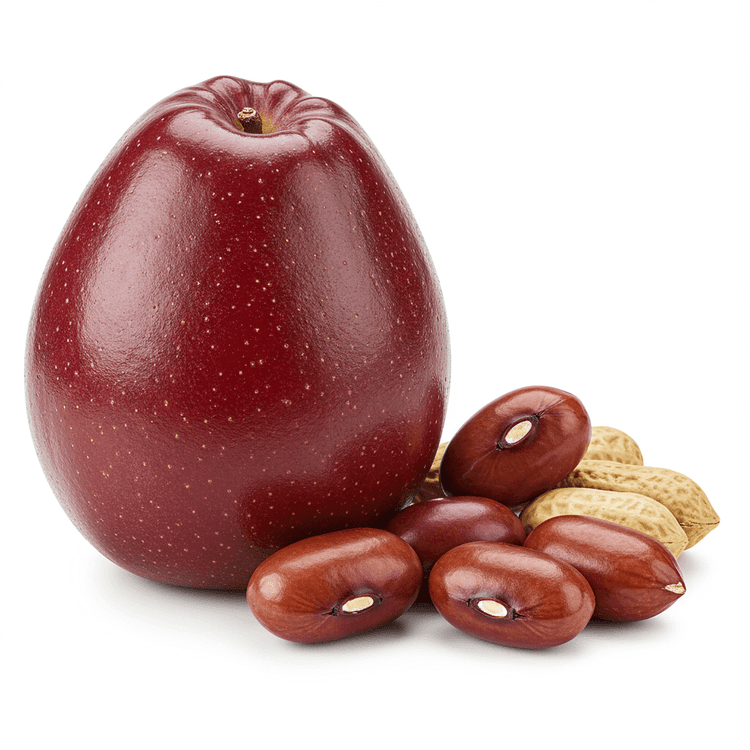Coloring Agents
Coloring agents, often called food colorings, are additives used to enhance the visual appeal of foods and beverages. While they don't typically contribute significant nutritional value, they play a crucial role in influencing our perception of taste and desirability, and can even subtly impact our enjoyment of a meal. These agents come in various forms, from natural pigments derived from plants, fruits, and vegetables like beets (betanin), carrots (beta-carotene), and spirulina (phycocyanin), to synthetic dyes carefully developed and regulated for safety.
The primary benefit of natural coloring agents lies in their potential for carrying additional health-promoting compounds. For example, beta-carotene, abundant in carrots and used as a yellow-orange coloring, is a powerful antioxidant and a precursor to Vitamin A, essential for vision, immune function, and cell growth. Betanin from beets offers antioxidant and anti-inflammatory properties. Even though the quantities may be small in the colorant form, they contribute a bonus...
Chefadora AI is here.
Experience smarter, stress-free cooking.
Marnirni-apinthi Building, Lot Fourteen,
North Terrace, Adelaide, South Australia, 5000
Australia

